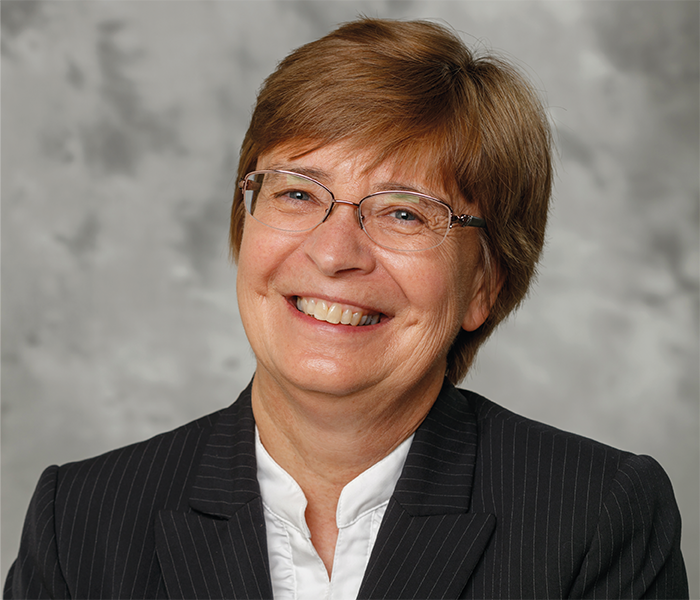Separation science doesn’t always get the recognition it deserves, especially given the dramatic impact it has on society – from understanding human biology and developing new medicines, to catching criminals and protecting the environment. There’s also a misconception that a meeting of separation scientists has to either be for the experts to network and discuss the niche technical details or a higher-level overview more suited to beginners. Our aim with this year’s HPLC meeting is to tackle both of these issues by highlighting the impact of separation science while catering to both experts and interested non-experts.
How? I’ll offer an example. We’re holding a session on forensics and our keynote speaker will be Bruce McCord, Professor of Chemistry and Biochemistry at Florida International University, USA, who is an expert in forensic science – he worked at the FBI before becoming an academic. He has done a range of interesting and cutting-edge separation science work: analyzing different human fluids to determine a suspect’s age, smoking status, drug use, diet, and so on. Not only is his work having a tremendous societal impact, but there’s considerable technical finesse involved. So I think Bruce’s talk will appeal to both separation science experts and a more general audience.

I’d also like to highlight a couple of sessions on clinical and protein analysis with broad and specialist appeal. Jarrod Marto, a researcher at the Dana-Farber Cancer Institute, USA, is doing a great deal of research on different analytical separations, focused on cancer analysis. He has been able to show how changes to the structure and composition of specific proteins present in humans at very low levels can cause the onset or the proliferation of cancer. In many respects, Jarrod is doing analytical detective work, but the societal impact could be tremendous. We’re planning to have a number of such sessions that demonstrate the deep value of analytical separation science and its contribution to society – especially human health.
Let’s take another example: the pharmaceutical industry, where separation science is absolutely key with real spectrum of applications – from analyzing complex mixtures of small molecules to separating nanoparticles or nanobodies with the same level of integrity as the small molecules. We want to showcase state-of-the-art separation science taking place in the pharmaceutical industry by inviting speakers from industry – both to share ideas with each other and to hopefully inspire others to take some of what they’re doing and apply it in other fields.
Another emerging trend we’ll be covering during the conference is AI, which I believe will impact separation science – and it doesn’t look that far away. For example, Deirdre Cabooter, Gert Desmet, and Alexander Kensert have recently published an article demonstrating the use of reinforcement learning to select scouting runs for retention time modeling. The use of AI here is compelling because it can be difficult to know where to start when you’re selecting mobile-phase conditions to generate a gradient – especially for a large system. Deirdre will give a talk about her work using AI for method development in LC at the event. And that feeds into another main aim of HPLC 2024: to give the 800 expected delegates a glimpse of what they should expect to see in the future in terms of the direction of the field.
In addition to my examples, we have more than 100 people giving talks across three concurrent sessions; we certainly have some excellent keynote speakers, but we are also keen to shine the spotlight on the most interesting submitted abstracts and draw people’s attention to further exciting work in the poster session. Finally, you’ll be able to sharpen your skills at workshops and short courses on the weekend.
Overall, if you want the chance to meet and share notes with true experts leading the charge using analytical separation science to make important improvements in society, spanning HPLC and electrophoretically-driven technology, then join us in Denver, Colorado – which, by the way, is a spectacular place to visit!
Susan Olesik is Dow Professor and Chair, Department of Chemistry and Biochemistry, The Ohio State University, USA.
HPLC 2024 will take place July 20–25, 2024, in Denver, Colorado, USA. For more information, visit: hplc2024-symposium.org
Headshot supplied by author




